Fire safety is a critical concern for both homeowners and business owners. Protecting lives and property from the devastating effects of fire is a top priority, and one of the most effective measures you can take is installing fire doors. Fire doors are more than just barriers—they are crucial components of a comprehensive fire safety strategy. In this article, we’ll explore the benefits of installing fire doors in your home or business, their key features, and how they can safeguard lives and property.
What Are Fire Doors?
Definition and Purpose
A fire door is a specially designed door that can resist the spread of fire and smoke for a specified period, typically 30 to 120 minutes. Constructed from fire-resistant materials such as steel, glass, and solid timber, these doors play a vital role in creating safe zones and allowing occupants to evacuate during emergencies.
Types of Fire Doors
Fire doors come in various styles to meet different needs:
- Solid Timber Fire Doors: Traditional and robust, ideal for residential use.
- Steel Fire Doors: Commonly used in industrial or commercial settings for maximum protection.
- Glass Fire Doors: Offer modern aesthetics while maintaining fire resistance.
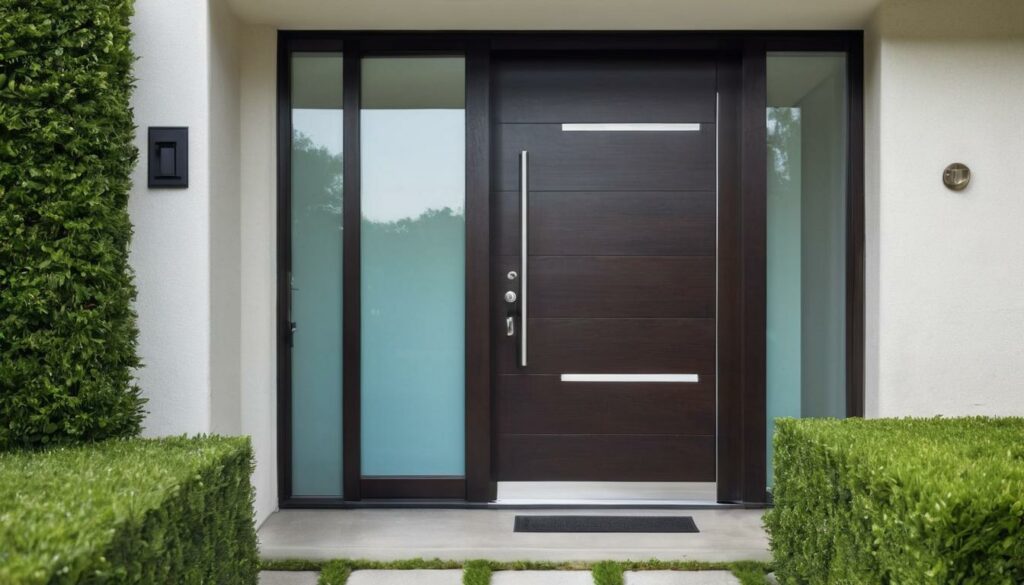
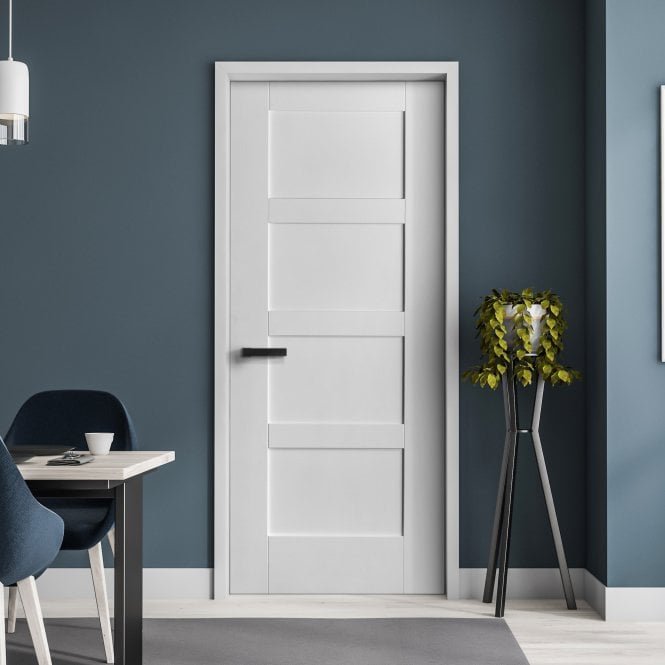
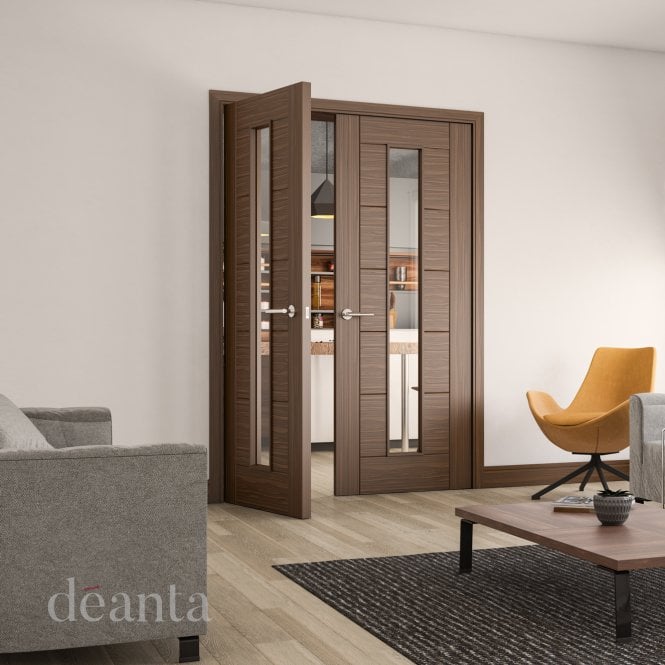
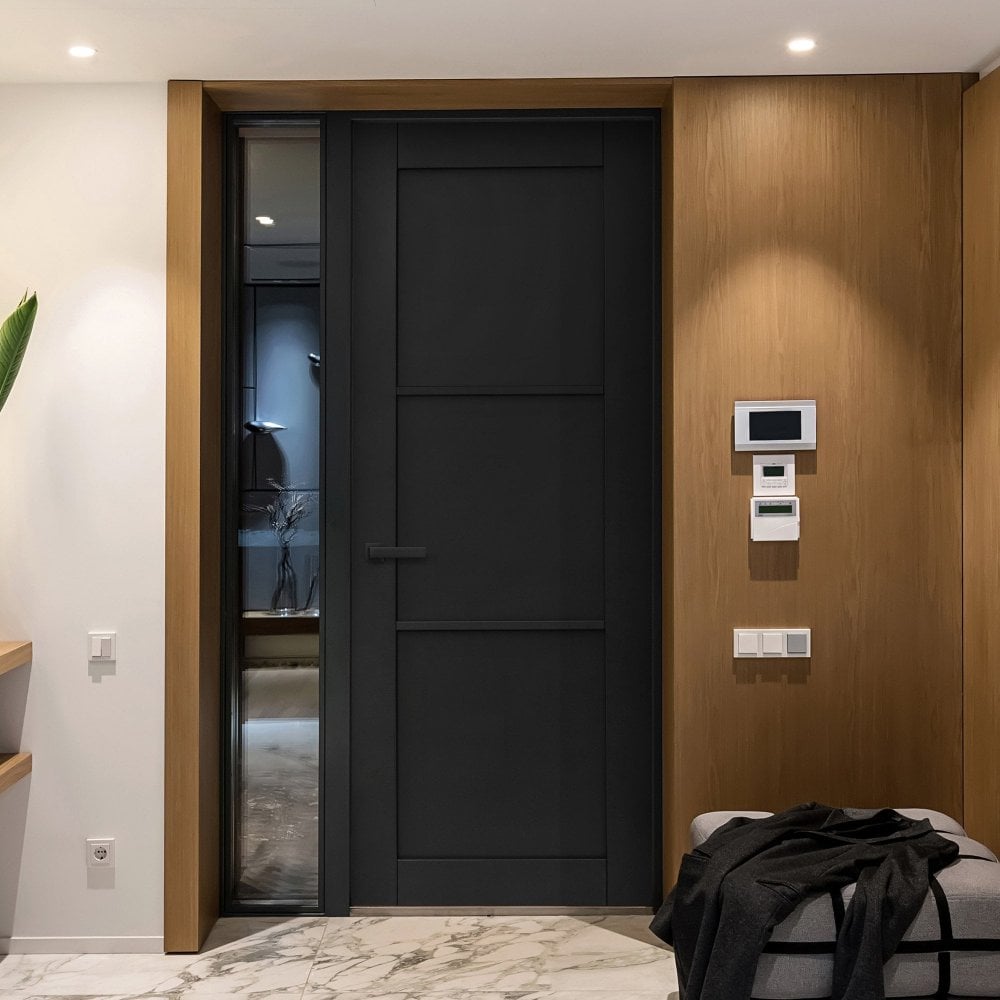
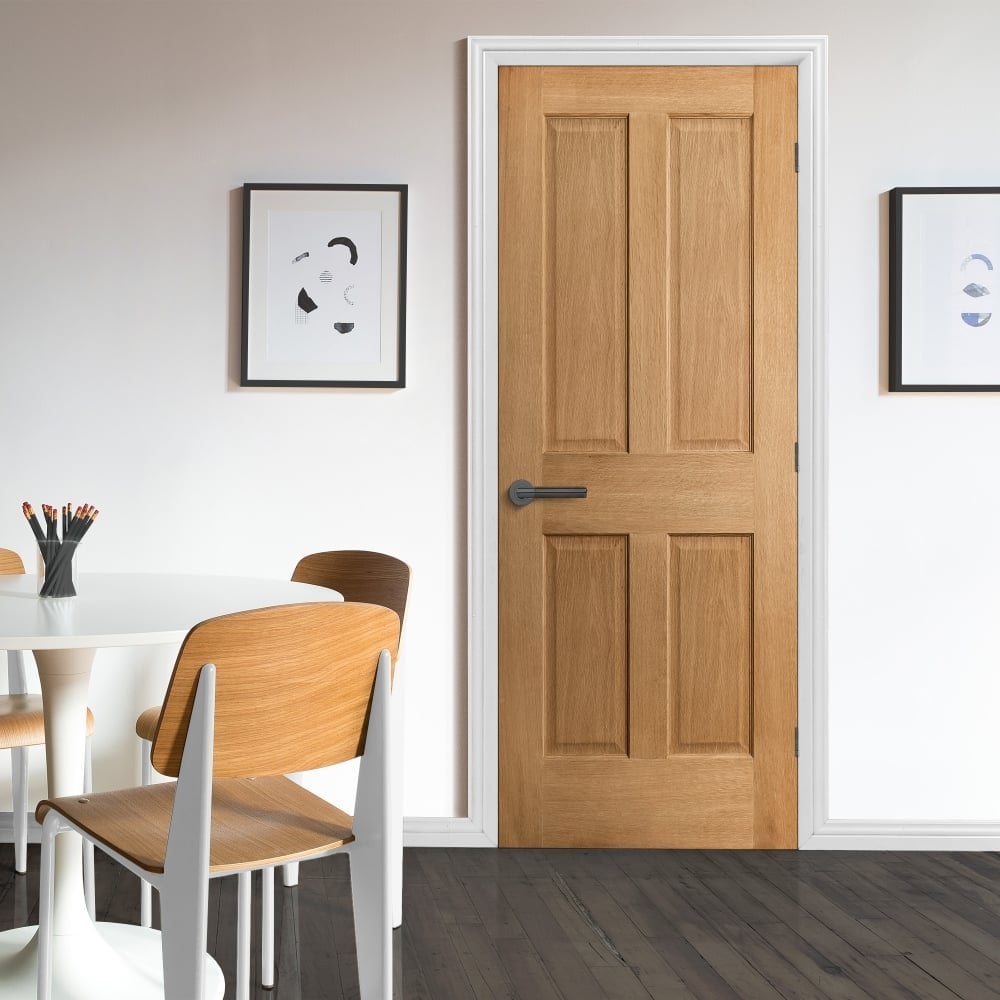
Key Benefits of Installing Fire Doors
Fire Containment
One of the primary functions of a fire door is to contain fire and smoke within a confined area. This slows down the spread of fire, giving occupants valuable time to evacuate and emergency services time to respond.
Enhanced Safety for Occupants
Fire doors create safe escape routes, protecting lives during emergencies. For families and employees alike, they offer a critical barrier against the immediate threats of fire and smoke inhalation.
Minimizing Property Damage
By containing the fire to a specific area, fire doors reduce the extent of damage to property. This containment limits repair costs and helps preserve structural integrity.
Increased Compliance with Fire Safety Laws
Fire doors help you meet local building codes and fire safety regulations. Failure to comply can result in penalties or legal actions, especially for businesses.
Noise Reduction
Fire doors also double as soundproofing barriers. Whether in a busy office or a home environment, they help minimize noise pollution.
Energy Efficiency
The tight seals on fire doors also improve insulation, helping maintain consistent indoor temperatures and potentially lowering energy bills.
Fire Doors in Residential Properties
Common Applications in Homes
In residential settings, fire doors are often installed in high-risk areas such as kitchens, garages, and utility rooms. Multi-story homes can benefit from fire doors to separate floors and create safe zones.
Benefits for Families
Fire doors protect your loved ones and valuables, offering peace of mind to homeowners. They act as silent guardians, ready to perform their life-saving function if disaster strikes.
Fire Doors in Commercial Properties
Importance in Business Settings
For businesses, fire doors are essential to protecting employees, customers, and assets. They also reduce potential downtime by limiting fire damage to specific areas.
Industries That Rely on Fire Doors
Fire doors are indispensable in various industries, including:
- Healthcare: Protecting vulnerable patients during emergencies.
- Education: Ensuring student and staff safety.
- Hospitality: Safeguarding guests in hotels and restaurants.
- Retail: Limiting fire spread in crowded shopping areas.
How to Choose the Right Fire Door
Fire Resistance Rating (FRR)
The fire resistance rating indicates how long a fire door can withstand heat and flames. Common ratings include 30, 60, and 120 minutes. Choose a rating that matches your property’s fire safety requirements.
Certified and Tested Products
Ensure the fire door you select meets recognized standards, such as BS 476 (UK) or UL 10C (US). Certification guarantees the door has been rigorously tested for effectiveness.
Aesthetic Considerations
Modern fire doors are available in various styles and finishes, allowing you to maintain your property’s aesthetic while ensuring safety.
Installation and Maintenance of Fire Doors
Professional Installation
Proper installation is crucial for fire doors to function effectively. Certified professionals ensure that the door and its hardware, including hinges and seals, are correctly fitted.
Regular Inspections
Fire doors should be inspected regularly for signs of wear, such as damaged seals, warped frames, or faulty hardware. Annual inspections are recommended, especially in high-traffic areas.
Repairs and Replacements
Replace fire doors if they show significant wear or no longer meet safety standards. Timely maintenance ensures continued protection.
Cost vs. Value of Fire Doors
Upfront Investment
The cost of fire doors varies based on their material, design, and fire resistance rating. While the initial investment may seem high, the protection they provide far outweighs the cost.
Long-Term Savings
Fire doors can lower insurance premiums and reduce the financial impact of fire incidents. Their energy efficiency also contributes to long-term savings.
Myths About Fire Doors
Common Misconceptions
- “Fire doors are only for commercial spaces.”
Fire doors are equally important in residential properties for safeguarding families. - “They ruin home aesthetics.”
Modern designs blend safety with style, enhancing your property’s look.
Debunking Myths with Facts
Fire doors are essential safety tools that fit seamlessly into both homes and businesses, offering unparalleled protection.
Fire Door Regulations by Region
UK Standards
In the UK, fire doors must comply with BS 9999 and local building codes. Regular inspections are also mandated.
US Standards
NFPA 80 outlines the installation and maintenance requirements for fire doors in the United States.
Global Best Practices
Around the world, fire safety laws emphasize the importance of certified fire doors as part of comprehensive safety plans.
Conclusion
Installing fire doors in your home or business is a vital step in safeguarding lives and property. Beyond fire containment, they offer benefits like noise reduction, energy efficiency, and compliance with safety regulations. Whether for a residential or commercial setting, fire doors provide peace of mind, knowing you’re prepared for the unexpected.
FAQs
- How do fire doors work?
Fire doors prevent the spread of fire and smoke by creating sealed compartments, giving occupants time to evacuate safely. - Are fire doors mandatory in homes?
While not always mandatory, they are highly recommended, especially in multi-story or high-risk areas. - Can fire doors be customized to match my decor?
Yes, manufacturers offer a variety of finishes to suit different styles. - How often should fire doors be inspected?
Inspections should occur at least annually, or more frequently in high-traffic areas. - What is the lifespan of a fire door?
With proper maintenance, fire doors can last decades, but periodic checks are essential to ensure safety. - Do fire doors require special installation?
Yes, certified professionals should install fire doors to guarantee compliance with fire safety standards.

